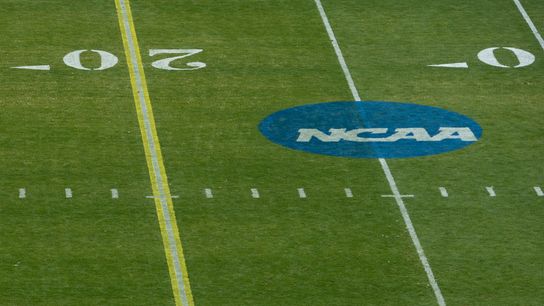Back in January, the NCAA Division I Council released updated guidelines for undergraduates hoping to transfer a second time and compete immediately. Those guidelines went as follows:
Each waiver request will be evaluated on a case-by-case basis, but moving forward, student-athletes must meet one of the following criteria to be granted a waiver to compete immediately:
- A demonstrated physical injury or illness or mental health condition that necessitated the student's transfer (supporting documentation, care plans and proximity of the student's support system will be considered), or
- Exigent circumstances that clearly necessitate a student-athlete's immediate departure from the previous school (e.g., physical assault or abuse, sexual assault) unrelated to the student-athlete's athletics participation.
All other guidelines will no longer be used for waiver requests to compete during championship seasons that first occur in 2023-24.
The Council agreed that athletics reasons (lack of playing time, position presence) and academic preferences should not warrant waiver relief.
Close to six months later, it appears the NCAA is following its own guidelines.
Source: The D-1 Council was also informed the overwhelming majority of the second-time undergrad transfers thus far have been denied waivers. There were exceptions, but minimal. Many of them that have been ruled on thus far were football, but it doesn’t bode well for those trying…
— Jeff Goodman (@GoodmanHoops) June 28, 2023
It was my opinion at the time that all involved would be better off with a blanket system where each athlete gets a 1-time transfer with no exceptions for a second immediate transfer, reasoning that a case-by-case system would boil down to who could afford the best lawyer -- which is why we got the 1-time exception rule in the first place.
But so far that apparently hasn't happened. Either the NCAA has done an effective job weeding out all but the truly rare cases where it's in an athlete's best physical, mental and emotional interest to transfer a second time and compete immediately, or the messaging was effective enough up front that no one has tried to work the system. At least not yet.
And unlike on NIL, where the NCAA is futilely attempting to police people outside of its control, eligibility is an issue fully within the NCAA's control.
So far, it seems the NCAA has done a good job controlling it.
